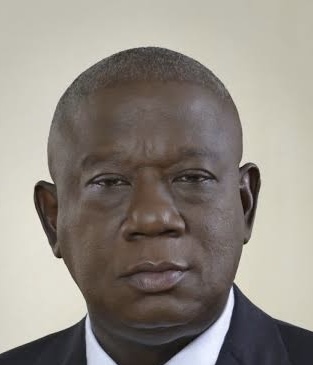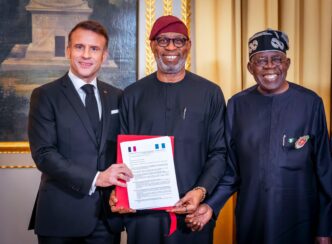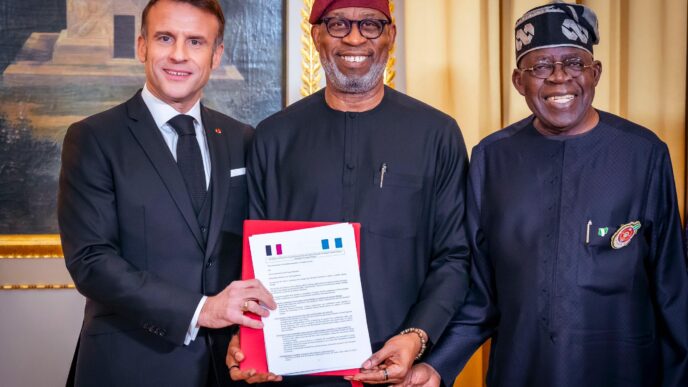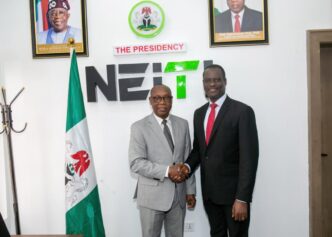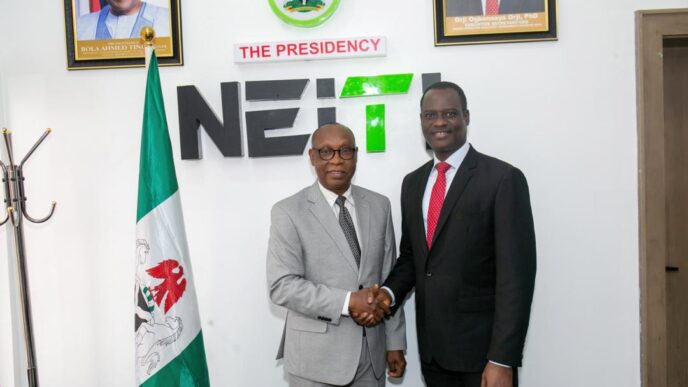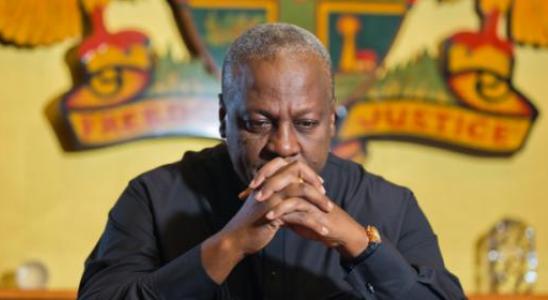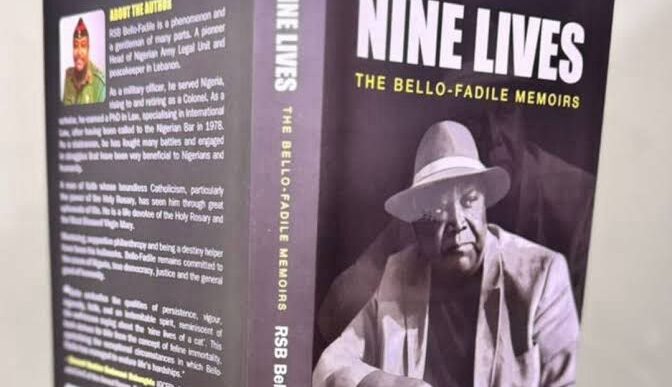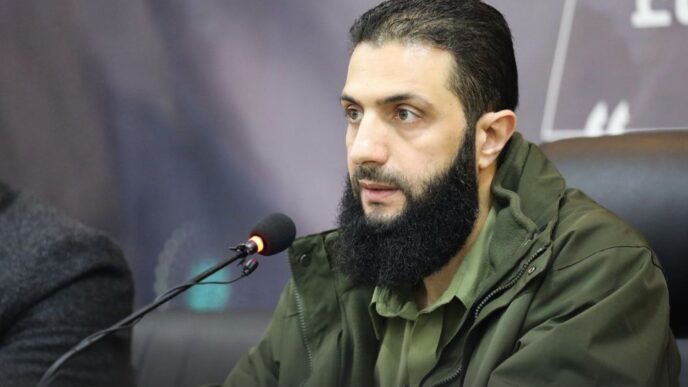The ongoing defamation case between Afe Babalola and Dele Farotimi has sparked intense debate in Nigeria, raising crucial questions about free speech, defamation, and the responsibilities that come with public commentary. As the judicial proceedings continue, the debate in the court of public opinion will likely persist, with many Nigerians eagerly following the developments and sharing their thoughts and opinions on the matter.
The case has now taken on a life of its own, with many Nigerians viewing it as a classic case of attempted censorship and abuse of power. This perception has been fueled by the fact that Farotimi is a social commentator, and his
arrest has been seen as an attempt to stifle free speech.
Furthermore, Babalola’s actions have been perceived as heavy-handed and disproportionate to the alleged offense. This has led to a public backlash, with many Nigerians expressing support for Farotimi and criticizing Babalola’s handling of the situation.
Interestingly, this case bears some similarities to the landmark Westmorel and vs CBS case in the United States. General William Westmoreland was commander of United States forces during the Vietnam from 1964-1968. In
1982, he sued CBS for defamation over a documentary that alleged he had deliberately underestimated the number of enemy soldiers in Vietnam.
Advertisement
Despite seeking $120 million in damages, Westmoreland dismissed the lawsuit in 1985, just before it went to the jury and settled with CBS. Some contend that a feeling by Westmoreland’s legal team that Westmoreland was certain to loose led to the settlement.
The Westmoreland vs CBS case marked the beginning of contemporary litigation communications practice, highlighting the importance of effective communications management in high-profile litigation outcomes.
Westmoreland’s team employed a deliberate media strategy to shape public opinion, establishing the field of litigation public relations and demonstrating the significant impact of specialized communications counsel on litigation outcomes.
In light of this, it is argued that Afe Babalola could have learned from Westmoreland’s experience. Instead of using his connections with government to have Farotimi arrested, Babalola might have considered alternative approaches, such as: Media strategy: Using media outlets to tell his side of the story and counter the alleged defamation; Reputation
management: Focusing on maintaining a positive public image through proactive communications and reputation management strategies; and Avoiding litigation: Considering alternatives to litigation, such as mediation or
public statements, to address the issue and protect his reputation.
Advertisement
Ultimately, the decision to pursue litigation is personal, and Afe Babalola may have had valid reasons for choosing to sue Dele Farotimi.
However, the importance of considering alternative approaches to managing reputation
and addressing defamation allegations should not be downplayed.
Maduegbuna is the chairman of C&F Porter Novelli, a communications consultancy.
Advertisement
Views expressed by contributors are strictly personal and not of TheCable.
Add a comment
